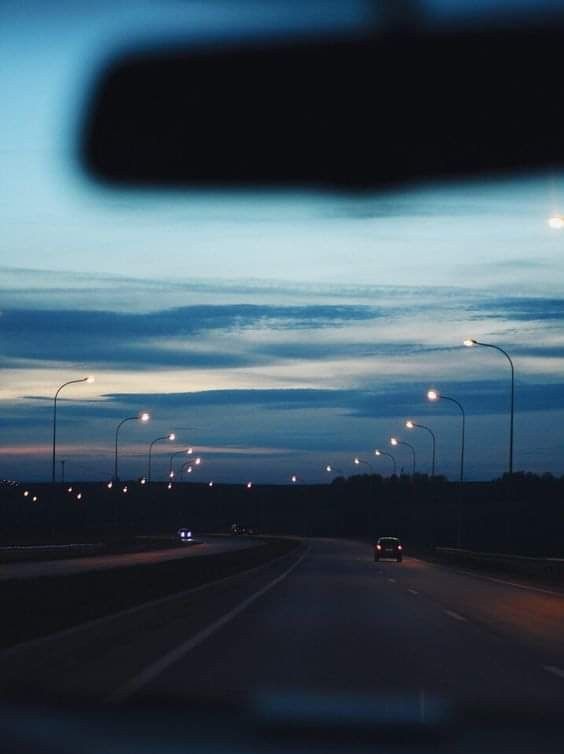
“Well, if we’re having a bad day contest, your dad won.”
That’s how he refers to himself when the attention is on him. Whether it’s pride or disappointment, he doesn’t receive it himself. He is no longer “me” or “I”, he is “your dad” or “your husband”.
As if we might be talking about someone else.
He does the same thing when we’ve disappointed him. Or when we’ve given him “magnet to the fridge fodder”. When Heather got accepted into grad school it was, “Did you hear about your sister?” When I had a court appearance for jumping a turnstile, I’m sure it was the same.
“You’re dad did something stupid,” he said.
And he had.
Emotion swirled up from my chest and into my cheeks like flood water. A muddy and muted sort of wild anger to douse the burn of embarassment.
As we spoke on the phone, I heard the joke in his voice, hiding humiliation with humor.
For as long as I’d been alive he had been drinking and driving. A thrilling part of my childhood, a secret we had always shared. Grabbing beer at the Handi Mart on our bonding trips to put gas in the car. Where he would tell me stories, and give me advice. Where I would talk about boys, and friends, and dreams. Treasured moments with the crack and hiss of tin cans and the fragrance of wheaty foam.
It was a smell I grew up associating with connection.
And would continue to do so when stolen moments in the passenger seat of Dad’s truck would turn to stolen moments at bonfires, with solo cups and muddy boots and muddy tires shared with high school friends and high school sweethearts.
It would be the smell of fast friends in crowded dives and lifelong friends toasting the bride and groom over white tablecloths.
Falling in lust with a stranger on a sweaty dance floor.
Falling in love with my soulmate as the Yankees lose the world series.
Falling in love with myself on the sticky floors of a college house kitchen.
It was the smell of dreams, and success. Wild nights and winding down after long days.
It was the smell of stripping off your coat as you came in from the cold and peeling off your sweaty clothes as you came in from the heat.
It was a cheers to a show gone well, to a semester gone well, to a relationship or a job that had moved up the next rung of the ladder.
It was the pool to drown your tears in as you cried over the boy of the month, the embarrassment of living, the dog you knew wouldn’t be around forever but you still had stupidly hoped they might be anyway.
“Can I get you a drink?” Said every lover, every partner, every friend. Everyone who owed me a job, an apology, a laugh, a shoulder to cry on.
And it had all begun in the passenger seat of that truck. Our secret.
It was special. It was camaraderie. It was a pact. A bond.
We deflected questions like beautiful acts of espionage, We dutifully cleaned up the bottles from their burial site over the hill like soldiers in arms when the trees became bare for winter and we knew our hiding spot would be exposed.
“Your Dad got a DUI,” he told me. Like it was a joke. Like it was a joke about someone else. One that he wouldn’t outwardly laugh at to be polite to their feelings. “They stopped me at the gas station for your mom’s expired stickers”
This wasn’t about stickers.
“And saw the empty cans on the floor–”
Cans. Plural.
“Had to spend the night in jail. Sleeping on the concrete bed with the lights on. Everyone’s seen the mug shot. Your mom paid bail.”
She paid a lot more than bail.
“But since it’s a first offense–”
“It’s not a first offense.” I said.
“Yes it is,” he said, defensive.
The joke stuttered.
“You got pulled over a month ago,” I said. “You got pulled over because you couldn’t drive straight.”
“That wasn’t a DUI.”
“Because they just let you call mom to come get you.”
“That wasn’t like this,” he insisted. “This was worse.”
And I understand.
This was worse, because this time he got caught. This is worse because, even though last time he had been too drunk to drive – could have killed someone, could have killed himself – that time, no one had known except Mom and us. And he accepted our disappointment with swallows of suds and made no changes.
But this time was worse.
Because of the shame.
The shame of a small town mugshot making the paper, the shame of a blow and go on his truck, the shame of filing for unemployment while he waited until he could drive at all again.
The shame of being a white trash hick with a DUI.
The death sentence wasn’t in the trees he hadn’t crashed into, or the cars he hadn’t collided with, the nail in the coffin was becoming Appalachian trash.
“It just got bad when you’re mom was in the hospital–”
It hasn’t gotten bad. It had gotten worse. It got worse after his parents died. It got worse after his friend died. It got worse after he gave up his business.
“And alcoholism runs in the family–”
It didn’t. Mental illness ran in the family. Poorness ran in the family. Being Appalacahin ran in the family.
“Well, are you too ashamed of me to let me meet that Big City Boyfriend now?”
And that sparked a new wave of emotions.
The othering.
When I had moved out of Appalachia I had been praised, encouraged. People said I was getting out. I was moving on. Off to pound the pavement of the big city.
As if all that concrete jungle could possibly have compared to the endless wilderness I had run barefoot through.
As if skyscrapers stood taller than mountains. As if they were somehow better just for being different.
The prestige of having an apartment full of roaches instead of a house full of ladybugs.
Every time I called, every time I came back, I felt a little more like I didn’t belong. I was always welcome, but I was more of a guest each time.
“It’s slower here,” they would apologize.
“Everything closes early”
“There’s nothing to do.”
“You must be bored.”
“You must be frustrated.”
“We know it’s not like the city.”
They would put the insults in my mouth, and apologize for them.
As if the New England boy I loved was better than us. Better than Dad. Better than me. As if my Mountain Trash Dad would make him see me as his Mountain Trash Girlfriend. Not good enough. An embarrassment.
New England Boy’s mom drank and drive. New England Boy’s family drank at Christmas Parties. Most northerners I knew drank at every function and drove home after.
Drive into the city, throw back a couple beers, a couple glasses of wine, and drive away without a care.
It had always astounded me, the flippancy. My generation of By God West Virginians were careful. We had too many dead relatives. Too many cautionary tales to ignore. We forced friends to crash on couches so they wouldn’t crash into trees.
It wasn’t the act, it was the place, it was the people. Because it didn’t matter if we were alive or dead, drunk or sober, safe or reckless, we were always trash. The merit was in how well we could hide it.
And that’s when I knew that this wouldn’t be the time he got better.
Because his mistake wasn’t that we could have lost him. That he could have taken someone from someone else.
The mistake wasn’t the things he forgot or the days and nights he wasn’t himself anymore. It wasn’t that he didn’t call so much now. It wasn’t that he was hard to talk to when he did. It wasn’t that we could have lost our dad, or that we sort of already had. His only mistake was that now his shame was exposed.
And I hang up the phone, and I’m five years old again.
Because I spent years in the passenger seat with the empty cans at my feet.
I know how to stay silent.
Meghan Martin is a 32-year-old writer from West Virginia, currently based in Brooklyn. She holds degrees in Education, English, and Theater, and works across education and the arts. Her short story Silly Girl was recently featured in a dramatic reading at Brooklyn Art Haus. In 2025, her plays I’m Afraid You’ve Got Ghosts and Homecoming will premiere in NYC. She has also contributed as a writer and script doctor for films and narrative podcasts.

Subscribe to our newsletter To Recieve Updates
Join our newsletter to receive updates